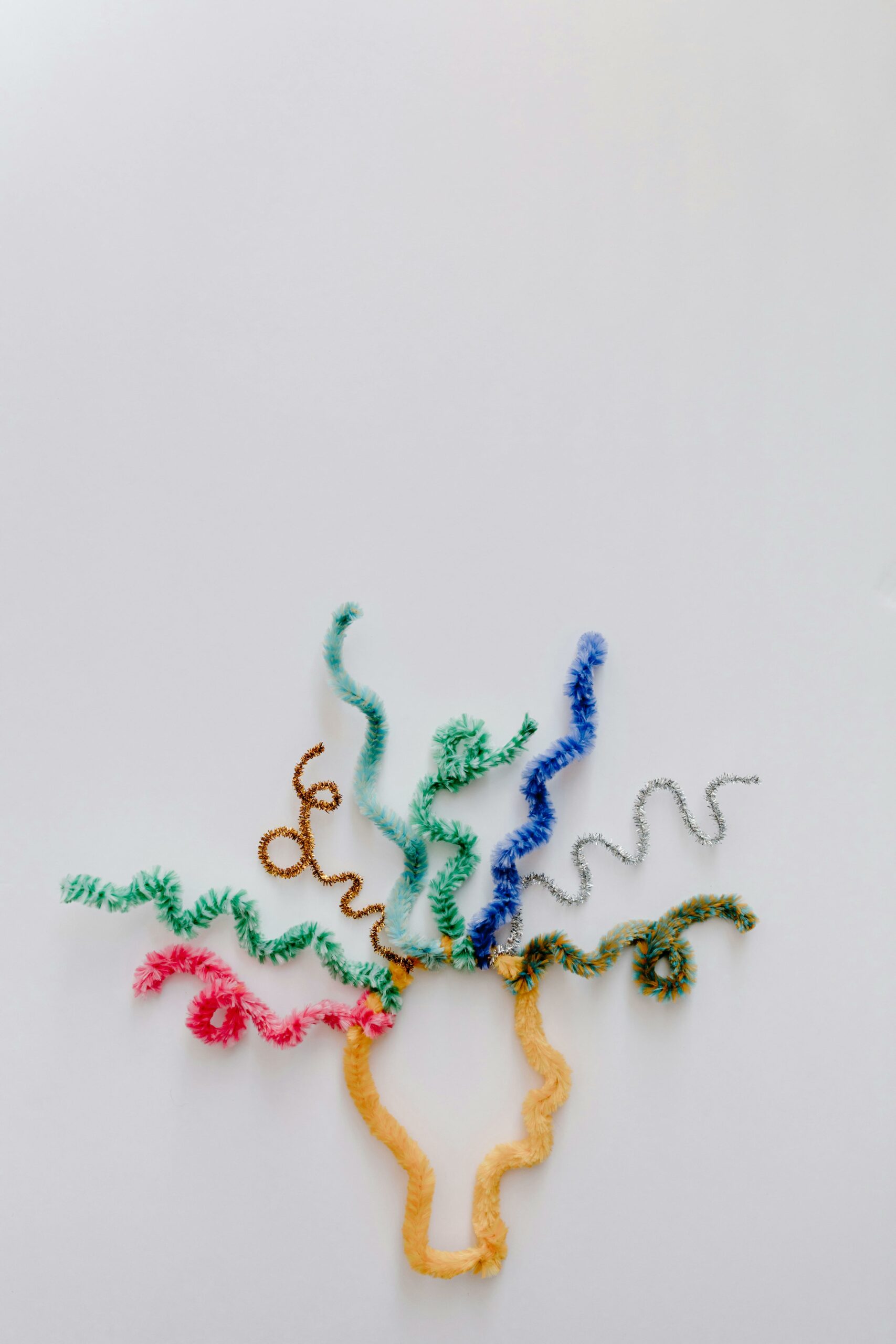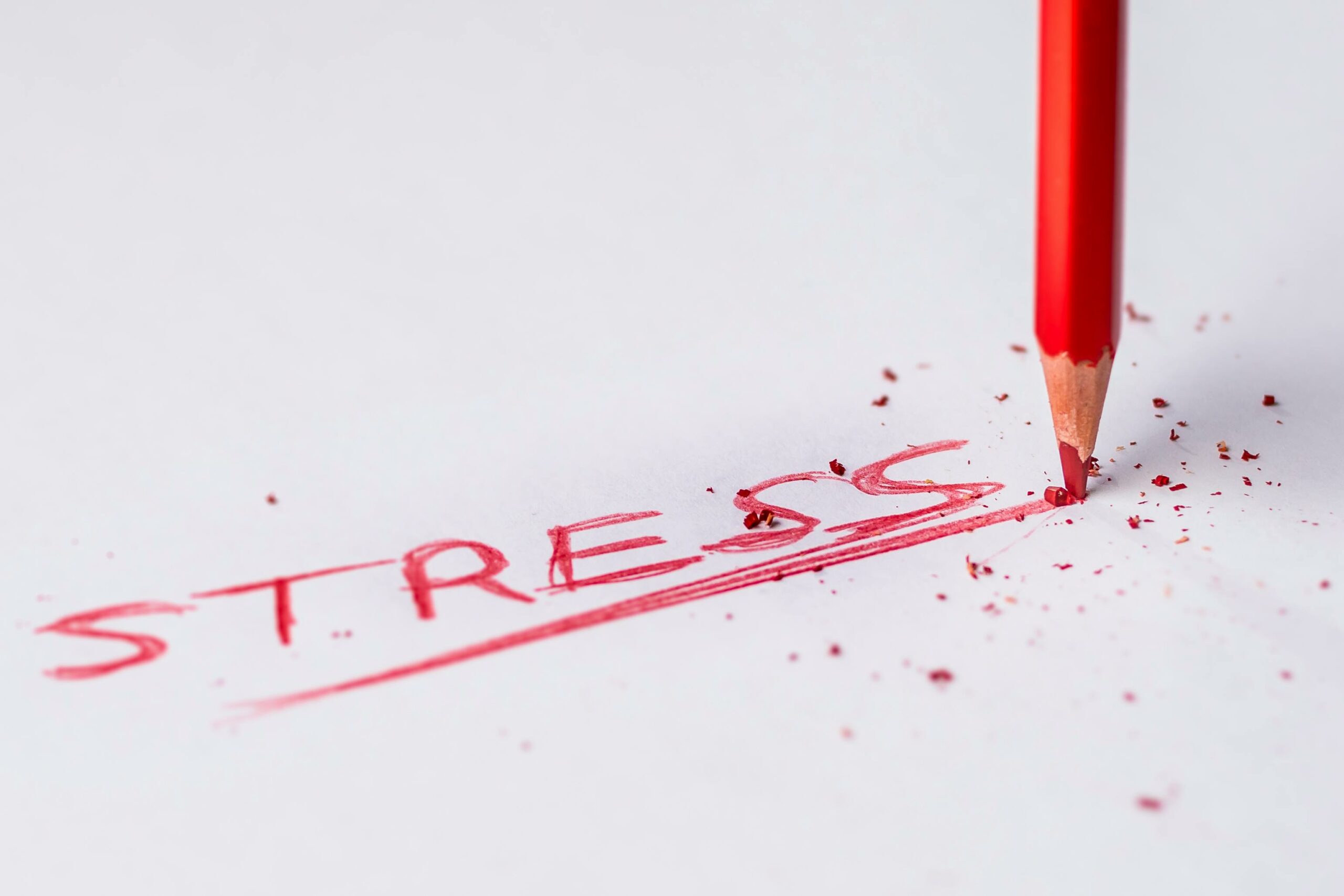Is Aging a Disease?
Category: Healthy Aging

We all want to live as long as we can and of course have our health span outlive our life span. (the length of time someone enjoys relatively good health versus the length of someone’s life). In 2018 the World Health Organization added an extension code in the latest version of the International Classification of Diseases for “aging-related diseases” ~ a decision that may pave the way to define aging itself a disease. Classifying aging as a disease suggests that it could be preventable and/or curable, and we know that nothing can prevent humans from becoming older.
Many fear that defining aging as a disease will simply open the floodgates for new pharmaceuticals. According to David Gems, a biogerontologist, speaking recently at a conference on aging in London, stated, “If aging is seen as a disease, it changes how we respond to it. For example, it becomes the duty of doctors to treat it.”
Dr. Jonathan Flacker, an internist in geriatrics at Emory University Hospital in Atlanta, said aging is simply not the same as an illness. “A disease is something not normal that some people get but not everybody gets,” he said. “The implication is that aging is abnormal and something nature didn’t intend.”
Rather than debating this issue, I would rather talk about using our own preventative measures, in other words, our lifestyle, to help us live a longer and healthier life span. It brings up the subject of telomeres. Telomeres are an essential part of human cells that affect how our cells age. Cells can divide only a certain number of times. This is because of DNA at the end of chromosomes called telomeres that get shorter with each division. When they run out, the cell dies. Over time, our telomeres gradually become shorter and telomere length is thought to be a marker of overall health.
Dr. Elizabeth Blackburn, a Nobel Prize Winner in Medicine and considered the top authority on telomere science took part in a Telomere Study that compared people using a certain set of supplements for at least 5 years to healthy nonsmokers living in the San Francisco Bay Area, and it revealed that those supplement users had significantly longer telomeres ~ 40 % lower than a healthy control group!
I have been using these supplements for almost 26 years and feel younger than I did when I turned 50 when I was facing serious joint issues. Fortunately, I chose a preventative route and took responsibility for my own health with a healthy diet and moderate exercise (I’m working on that!) and the supplements mentioned above. The joint pain left and never returned.
So what are some other methods to help us with the aging process? Protect your skin from the sun every day with SPF 30. (I use this skincare product that provides that). If you smoke, stop. Eat a healthy, well-balanced diet. (one which includes lots of sugar or other refined carbohydrates can accelerate aging). Drink less alcohol as it is dehydrating. Exercise most days of the week as it improves circulation and boosts the immune system. Eat your antioxidants ~
- allium sulphur compounds ~ leeks, onions and garlic.
- anthocyanins – eggplant, grapes and berries.
- beta-carotene – pumpkin, mangoes, apricots, carrots, spinach and parsley.
- catechins – red wine and tea.
- copper – seafood, lean meat, milk and nuts.
I also believe aging is a state of mind. The whole reason that we study the aging process is not actually to make people live a lot longer, it’s to get people to have a more healthy lifespan. Even though I am well past retirement age my life is filled with possibilities. Each day I look forward to what is ahead! I have my own home-based business which focuses on changing health care into well care by making small habits that turn into meaningful change. I also share a business opportunity that can be passed on from generation to generation.
What about you? Do you see aging as a disease? Would love to see your comments on this interesting topic.



Facebook Comments